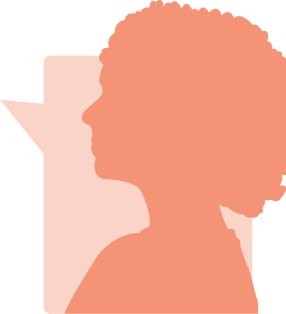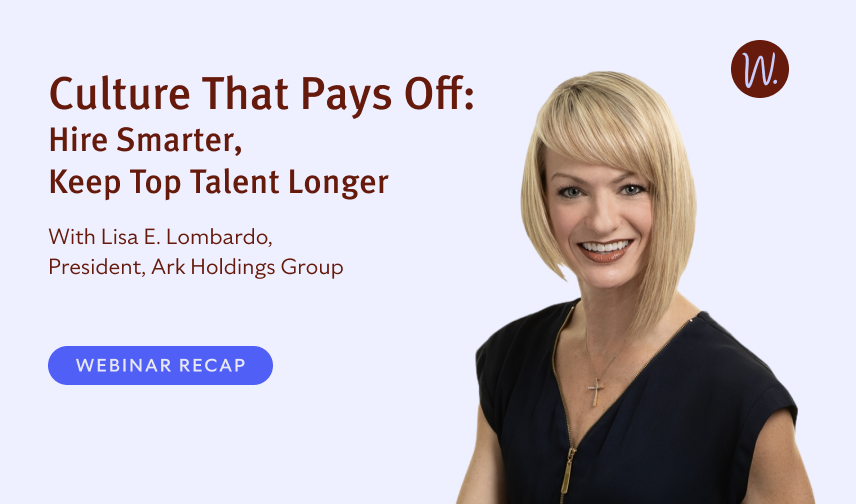Word to the Wize
Recruiting is rarely a straightforward path. It can be a maze of evolving terminology, technology, and pain points. Our mission is to equip growing businesses and job seekers with essential knowledge that fuels hiring journeys.
11 Recruiting Email Templates for Great Candidate Experiences
The hiring process provides an exciting opportunity to bring new talent on board. However, it also requires extensive communication with candidates throughout the process. These recruiting email templates address all scenarios, from keeping job seekers engaged to kindly saying "no thanks."
Wize Reports and Guides

Stay up-to-date with Word to the Wize
Insights delivered to your inbox monthly
You'll get the latest news, updates, and hiring resources every month.

















